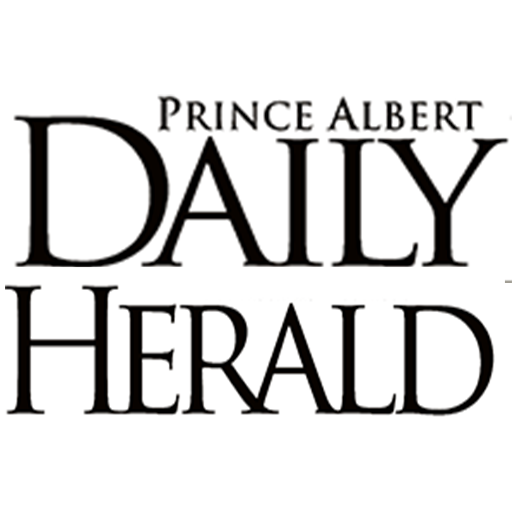The federal government will provide $4-million in funding to the National Consortium for Indigenous Medical Education after concerns over the treatment Indigenous people receive at medical facilities.
The Indigenous Physicians Association of Canada leads the consortium in partnership with four medical groups, including the Royal College of Physicians and Surgeons of Canada.
Indigenous Affairs Minister Marc Miller said the death of 37-year-old Indigenous woman Joyce Echaquan in Joliette, Quebec in September was a sign of how racism is deeply imbedded in Canada’s healthcare system. On Thursday, he told reporters the $4-million funding would help eliminate systematic racism and ensure Indigenous patients received the care they needed.
“The fact that systemic racism (towards) indigenous peoples in Canada is not acceptable and action in long overdue,” Miller said. “Without significant change, Indigenous peoples will continue to face harmful and persistent iniquities in their health and social outcomes.”
The funds will go towards reforming and updating how physicians are assessed and educated in Canada. That includes developing an anti-racism curricula and resources on cultural safety. The Consortium also plans on creating anti-racism tools, resources, guidelines and training modules.
Some funds will also go towards supporting, recruiting and retaining Indigenous physicians and medical faculty.
“What we’re doing is not working for Indigenous people,” Health Minister Patty Hajdu acknowledged during a press conference on Thursday. “We continue to have incidents like the incident that Joyce Echaquan happened to capture on film before she died. This is not an uncommon experience for Indigenous people. It’s common. It’s regular, and it not only creates unequal levels of care, it creates barriers to care.”
The government announced the funding following a two-day virtual meeting with Indigenous leaders and ministers and representatives from the provinces and territories.
Hajdu said it was important to hear stories from people who have been mistreated while seeking medical treatment. However, she also said voters want action, and not just discussion.
“We’ve talked about this issue for a very long time—in (the) community and at all levels of government,” federal health minister Patty Hajdu said. “There are hundreds of reports on ending systemic racism in healthcare, on improving outcomes for patients who are racialized—in particular Indigenous people—and a I think one thing I heard clearly from all participants is this is the time to act.”
The $4-million funding announcement was one of several commitments the federal government made on Thursday. Others include a pledge to increase Indigenous representation in the healthcare field, and a two-year, $15.6-million commitment to develop “distinctions-based Indigenous health legislation” for First Nations, Inuit and Métis.
The government also promised $2-million to the Atikamekw Nation and Manawan First Nation to advocate for Joyce’s Principle across Canada. The campaign’s goal is to guarantee equitable access to social and health services for all Indigenous people.
Joye Echaquan died on Sept. 28 shortly after seeking treatment at a Quebec hospital. Echaquan livestreamed her encounter with hospital staff on Facebook, then died shortly after.
The video shows Echaquan distressed and worried doctors may have given her too much morphine. It also shows hospital staff calling her “stupid as hell” and “good at having sex, more than anything else.”
Quebec premier Francois Legault later criticized hospital staff for the comments, and told reporters at least one staff member had been fired. However, he also said he didn’t think this was how First Nations people were commonly treated in Quebec hospitals.


